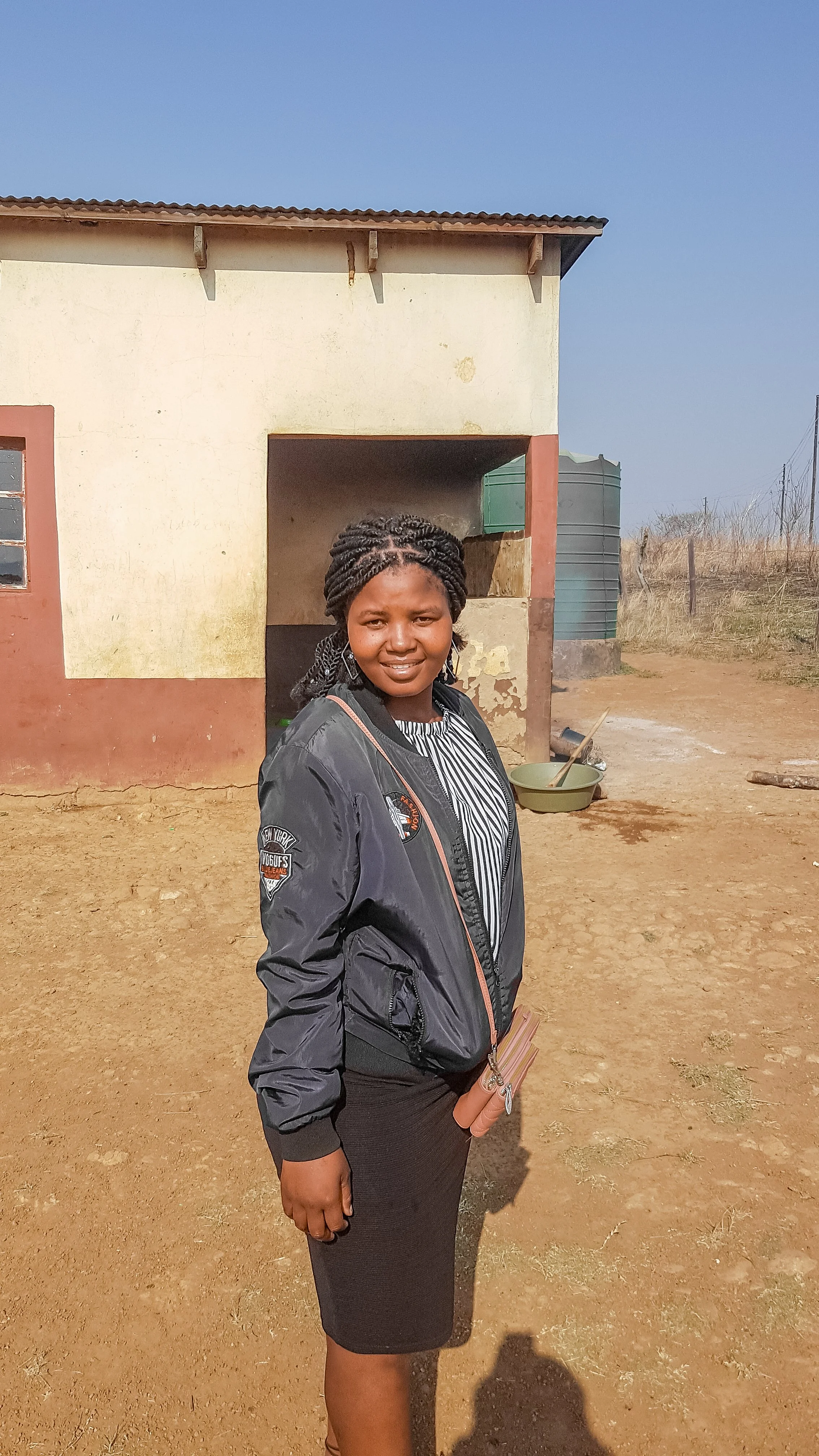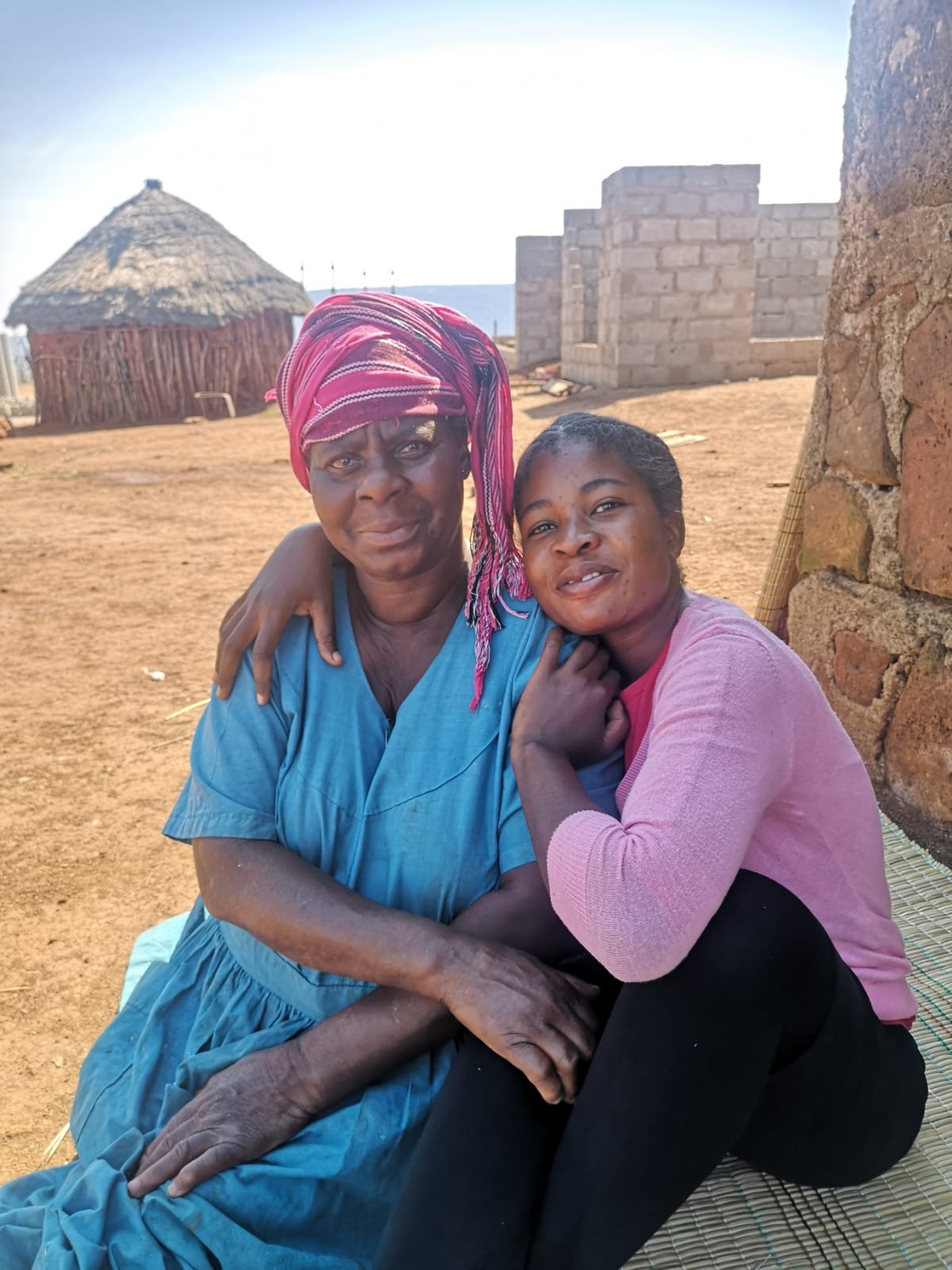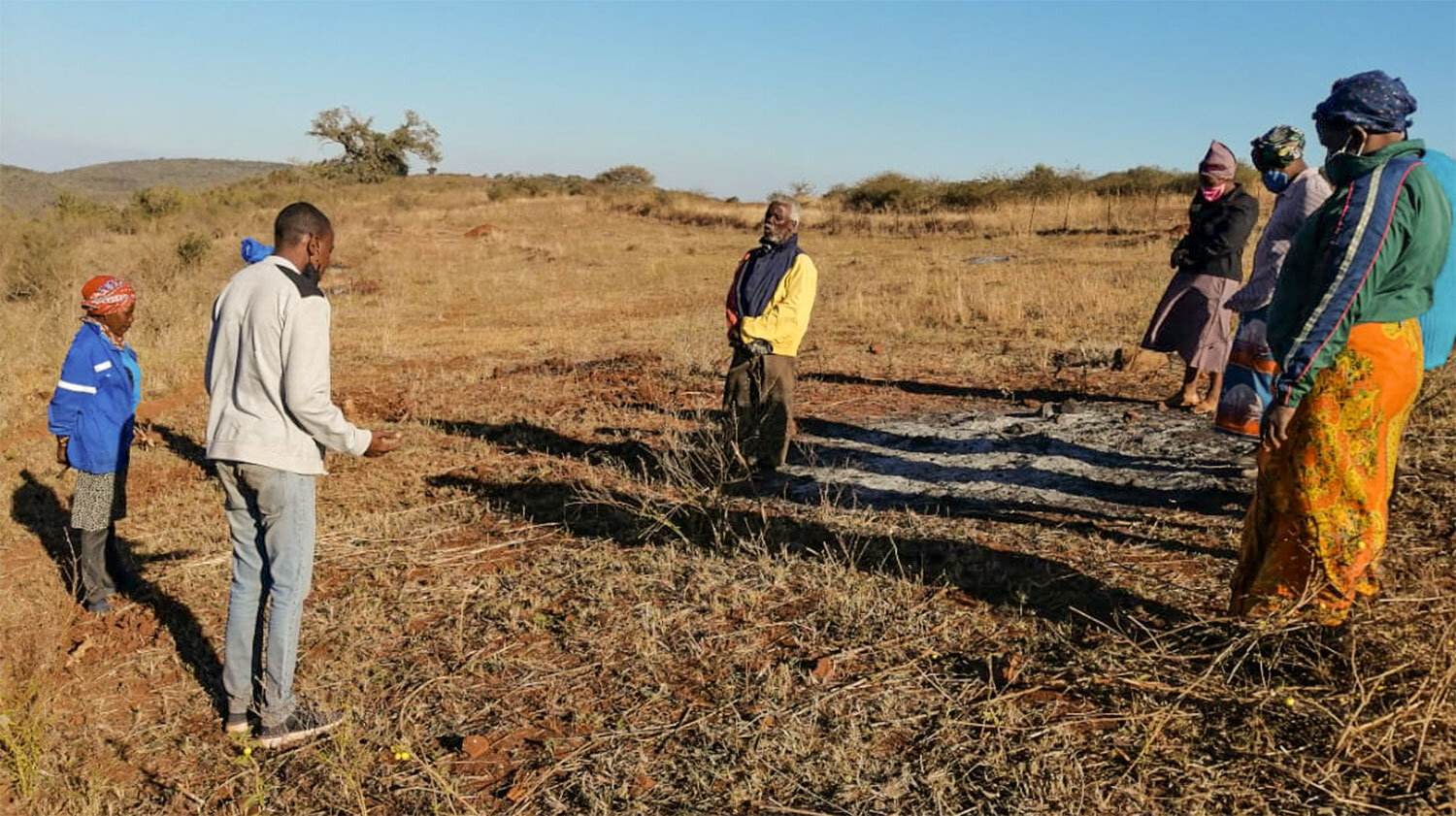The Story of Shoka Community
The rural community of Shoka is located near the border of South Africa and Mozambique. High in the hills of Eswatini, with beautiful landscapes surrounding it, homes are very spread out and families depend on subsistence farming. Shoka Community is devastated by poverty, and many children have been orphaned, in most cases by both parents.
Many people rely on subsistence farming and selling of fruits and vegetables in the local market but with many years of subpar harvests, this proves challenging. Many of the people living in Shoka Community have come from Mozambique fleeing the civil war there, and thus do not have Eswatini Identification Documents. This makes education a huge struggle for many children, as they get chased from school and are not able to finish their education. In addition to these challenges, there is a limited access to health care in Shoka as the nearest clinic is 10 kilometres away.
120 Children currently supported
13 Care Workers Coordinated by Sibongile
Basic Services Started in july 2016
7 km from the ESwatini Local Office
In 2015, Hands at Work began walking with four women in Shoka who have compassionate hearts to serve and care for the most vulnerable children in their community. These local volunteer Care Workers showed their dedication and love for the children in Shoka by visiting them in their homes and listening to each child’s struggles. When the local Hands at Work team in Eswatini visited the community to meet with the Care Workers, they were amazed at the ownership they had quickly taken of their community. In one week, the Care Workers had prepared a storage room for food, built a cooking shelter, set up gutters and water tanks for water harvesting, and mobilised five additional women to become Care Workers. It was through this that the Shoka Community Based Organisation (CBO) was born.
In 2016, the Shoka CBO began caring for 50 of the most vulnerable children – number that has since increased to 120. When children come to the Care Point, they receive a hot, nutritious meal daily and are supported with their education and basic health care. Additionally, they are receive love and care from passionate Care Workers who have come together in unity to support and serve the children in Shoka.
When the community came together to support the Care Point in building a fence around the property and helping to fix the toilets, it helped build a sense of local community ownership and was a huge blessing and encouragement to the Care Point. The daily challenge of obtaining water was eased by the installation of a second water tank to collect rainwater, which also helps with the production of the harvest.
The local Hands at Work team in Lomahasha currently supports three Community Based Organisations, which exist to care for the most vulnerable in their communities. The office provides training, networking, and encouragement to those Community Based Organisations like Shoka. It also gives administrative support, including helping with funding proposals, monitoring and evaluation, bookkeeping and reporting to donors.

















Nokuphila is a seven year old girl. This desperately poor community struggles from a lack of clean, accessible water and, at times, impassable roads. There is also virtually no employment within the community. Her aunt immediately moved into the home to help care for Nokuphila and her disabled mother when her father passed away. With no job and no income, simply surviving was a constant struggle.